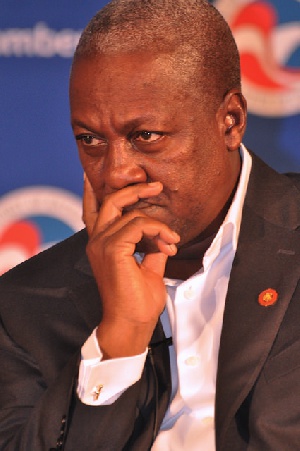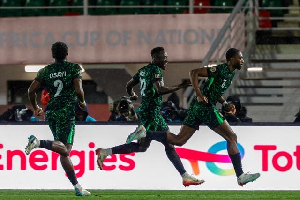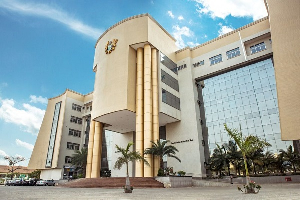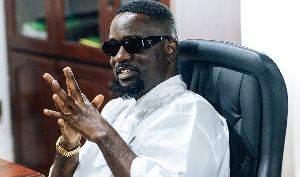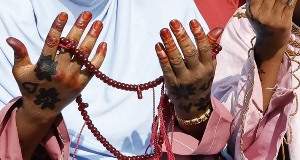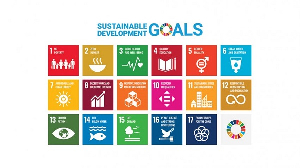The head of the Homeland Study Group Foundation (HSGF) in the Volta region of Ghana has denied that it is demanding a breakaway of the region and its allied territories from the state of Ghana.
The group said its call on Monday, February 8, 2016, was rather to have Western Togoland, which comprises all of modern-day Volta Region and parts of the Northern and Upper East Regions, recognised as a separate state “in union with Ghana”.
“The Homeland Study Group Foundation is not calling for Western Togoland to break away; it’s not even a secession,” insisted its leader Papa Hogbedetor to Chief Jerry Forson on Accra100.5fm's breakfast show, Ghana Yensom, Wednesday, February 10. He said talks of secession do not even arise, as the demarcation of their native Western Togoland, mostly into the Volta Region, was against the terms agreed at the time they joined the Gold Coast, to form Ghana.
Togoland was split between France and Britain – after the defeat of its colonial master, Germany, in WWII. However, Britain, in 1956, briefly, before Ghana’s independence, offered the people of Trans-Volta Togoland – its portion of the divided Togoland – the opportunity to join Ghana, through a plebiscite, which returned a ‘Yes’ vote.
But Mr Hogbedetor and his group are demanding Volta and parts of the Upper East and Northern regions – the components of the Western Togoland that joined Ghana – be returned to their original status as an autonomous state attached to Ghana. Their demand follows what they say is a violation of some conditions agreed for the union at independence.
“Here, in our land, we know this is a country of its own, which voted to be in union with the country before the country became Ghana. The plebiscite brought us together [with] conditions.
“One of these conditions is that if the people vote in the plebiscite and decide to be in the union, not to become Ghana, the people would not become Ghanaian. If the union is chosen by the people, the condition says the working of the union should be clearly laid down.
“From then, 1956 till today, we have not seen any clearly laid down condition of the plebiscite.”
Another violation of the agreement by the government of Ghana, for which they have renewed their calls for autonomy, was the drawing up of a national constitution without their input, Mr Hogbedetor said.
“If the union is chosen and it is laid down, then the two countries should be run with a common, unionised constitution. No such constitution has ever been drawn in this country,” he lamented
“It should be understood that the Western Togoland is the second half of the country, which was run by a European colony. It was split into two after a war. The Eastern half was given to the French, which is now a full republic. Where is the second half, Western Togoland? Who took it?
Mr Hogbedetor said Britain was only in charge of the territory as caretakers, and did not have the power to hand over the Western Togoland to Ghana on their departure and should rather have allowed the colony to remain autonomous.
“When the British were leaving, they made it part of the Gold Coast and the people are now in Ghana without knowing that they had had a country of themselves before. That is what we have come out with; that we should not be reduced to a region. The whole country has been cut into two and split into regions, then it is undemocratic. We didn’t vote for that. Therefore, we should recognise Western Togoland as a country, either in attachment to it or in union to it,” Mr Hogbedetor stated.
The group, according to him, had made efforts to press home the point for recognition of Western Togoland to different governments for the past two decades, and had petitioned the British Government, the Queen of England, the United Nations, and other bodies, yet had not had the colonial decision reversed.
General News of Thursday, 11 February 2016
Source: classfmonline.com

